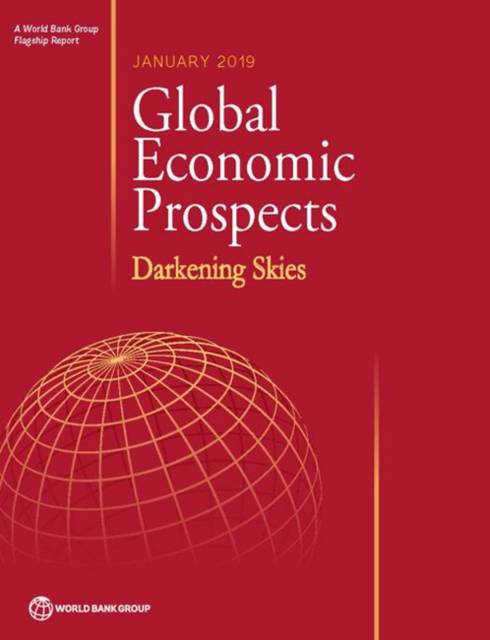
- Afhalen na 1 uur in een winkel met voorraad
- Gratis thuislevering in België vanaf € 30
- Ruim aanbod met 7 miljoen producten
- Afhalen na 1 uur in een winkel met voorraad
- Gratis thuislevering in België vanaf € 30
- Ruim aanbod met 7 miljoen producten
Zoeken
Omschrijving
The outlook for the global economy has darkened. Global financing conditions have tightened, industrial production has moderated, trade tensions have intensified, and some large emerging market and developing economies have experienced significant financial market stress. Faced with these headwinds, the recovery in emerging market and developing economies has lost momentum. Downside risks have become more acute and include the possibility of disorderly financial market movements and an escalation of trade disputes. Debt vulnerabilities in emerging market and developing economies, particularly low-income countries, have increased. More frequent severe weather events would raise the possibility of large swings in international food prices, which could deepen poverty. In this difficult environment, it is of paramount importance for emerging market and developing economies to rebuild policy buffers while laying a stronger foundation for future growth by boosting human capital, promoting trade integration, and addressing the challenges associated with informality,
Specificaties
Betrokkenen
- Auteur(s):
- Uitgeverij:
Inhoud
- Aantal bladzijden:
- 270
- Taal:
- Engels
- Reeks:
Eigenschappen
- Productcode (EAN):
- 9781464813436
- Verschijningsdatum:
- 12/02/2019
- Uitvoering:
- Paperback
- Formaat:
- Trade paperback (VS)
- Afmetingen:
- 216 mm x 279 mm
- Gewicht:
- 843 g

Alleen bij Standaard Boekhandel
+ 103 punten op je klantenkaart van Standaard Boekhandel
Beoordelingen
We publiceren alleen reviews die voldoen aan de voorwaarden voor reviews. Bekijk onze voorwaarden voor reviews.











